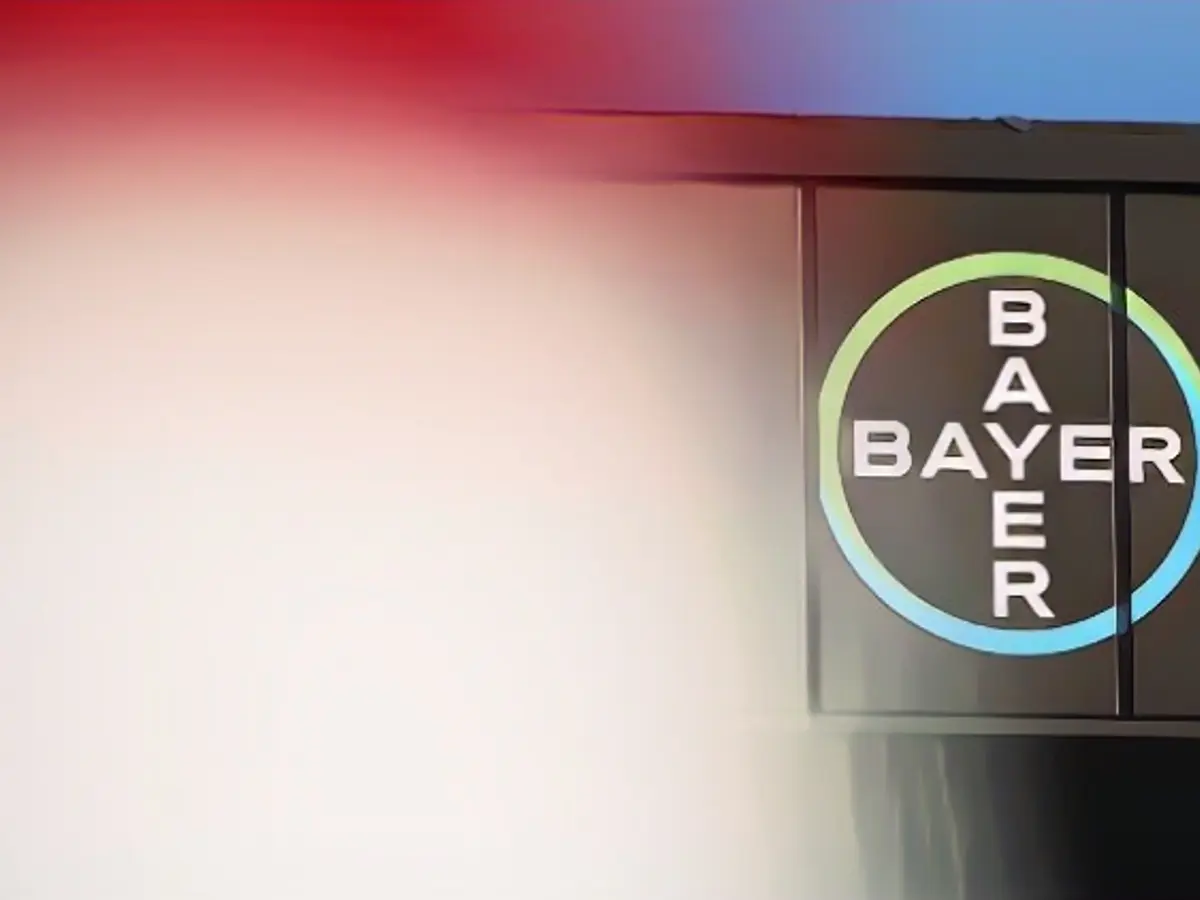Bayer cancels study on hopeful drug
Taking blood thinners is said to reduce the risk of stroke. Bayer has high hopes for the development of the drug Asundexian. The drug promises sales in the billions, but fails in an important test phase.
Bayer discontinues a study with its most promising drug Asundexian. A phase III study to investigate asundexiane in comparison to apixaban in patients with atrial fibrillation and stroke risk will be terminated prematurely, the pharmaceutical company announced.
The decision is based on the recommendation of the Independent Data Monitoring Committee (IDMC) as part of the ongoing study monitoring. The IDMC found that the efficacy of asundexiane was inferior to that of the control arm of the study. Bayer will continue to analyze the data to better understand the outcome and publish the data. Bayer had only expanded the study program with this drug at the beginning of November.
Bayer even used artificial intelligence in the recruitment of patients for the development. According to the company, this enabled it to reduce the number of patients for the comprehensive Phase 3 trial by several thousand.
According to the company, Asundexian, which is expected to be ready for the market in 2026, had previously been expected to have a peak sales potential of more than five billion euros, more than any other of its drugs. According to initial data, the drug led to significantly lower bleeding rates than the anticoagulant Eliquis from competitors Bristol-Myers Squibb and Pfizer and was intended to replace the German pharmaceutical giant's previous bestseller Xarelto.
Anticoagulants such as Xarelto are used in medicine to treat cardiac arrhythmias such as atrial fibrillation. These could ultimately end in a stroke, but the drugs administered, such as Xarelto, prevent circulatory disorders. Anticoagulants are not risk-free, as they increase the risk of bleeding.
Bayer has stopped the development of Asundexian, a medication promising billions in stroke prevention sales, due to inferior efficacy in a phase III trial, as advised by the Independent Data Monitoring Committee. Despite this setback, Bayer plans to analyze the trial data further and publish the results, having recently expanded its study program for this drug.
Source: www.ntv.de








